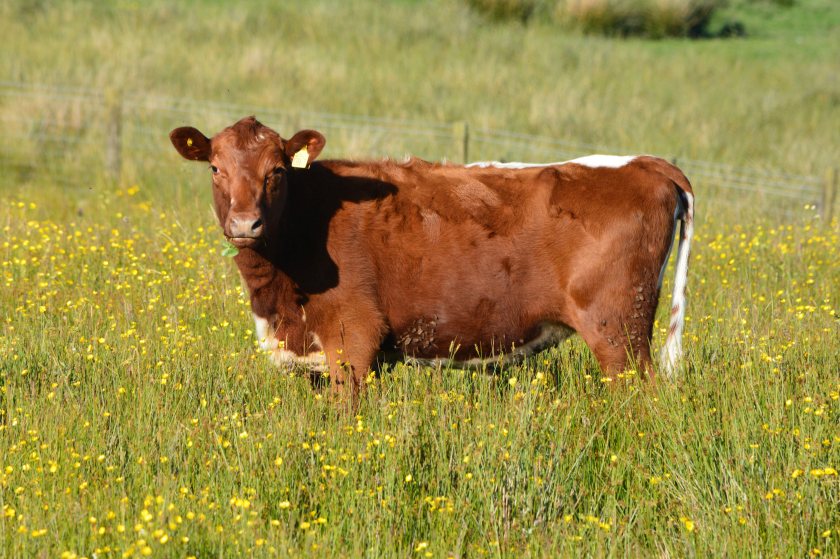
Northern Ireland’s agricultural incomes have surged to record levels, but while most farming sectors are reaping the benefits, arable producers continue to face serious financial strain.
Provisional figures from the Department of Agriculture (DAERA) show a 62.5% increase in total income from farming (TIFF), rising from £471 million in 2023 to £766 million in 2024.
Average farm business income across all types is also expected to more than double — up 107% from £29,260 in 2023/24 to £60,622 in 2024/25.
The sharp rise is largely attributed to lower feed and fertiliser costs, combined with stronger market prices for key commodities such as milk, beef and lamb.
However, arable farmers have not shared equally in this upturn. Many are currently selling grain for less than the cost of production, highlighting continued volatility and pressure within the sector.
“It’s heartening news for Northern Ireland’s farming community to see such an increase in incomes,” said Ulster Farmers' Union (UFU) president William Irvine.
The results, he said, are “a testament to the sheer determination and unwavering commitment of our farm families” who are now, “quite rightly, being rewarded for the vital work they do every single day.”
Yet he warned that the picture is not universally positive. “Not all farm families are receiving the return they deserve,” he said. “Our arable farmers are barely getting by – which is extremely worrying.”
He acknowledged that agriculture remains inherently unpredictable, with certain sectors continuing to face specific challenges.
“For the agri-food industry and rural economy to thrive, every farm business must be fairly rewarded for the high-quality food they produce.
"No sector can be left behind. They need equal opportunities for development and progress.”
In the face of global instability and shifting geopolitics, Mr Irvine said the importance of food security has never been more evident.
“Our local farmers are the bedrock of our nation’s ability to feed itself,” he said, providing “high-quality, traceable food that consumers trust.”
Strengthening farmers’ financial resilience, he added, is key to maintaining that supply and “safeguarding our domestic supply chain and reducing our reliance on external markets.”
“It’s not just about profit; it’s about national resilience and ensuring a secure future for everyone’s dinner plate.”
